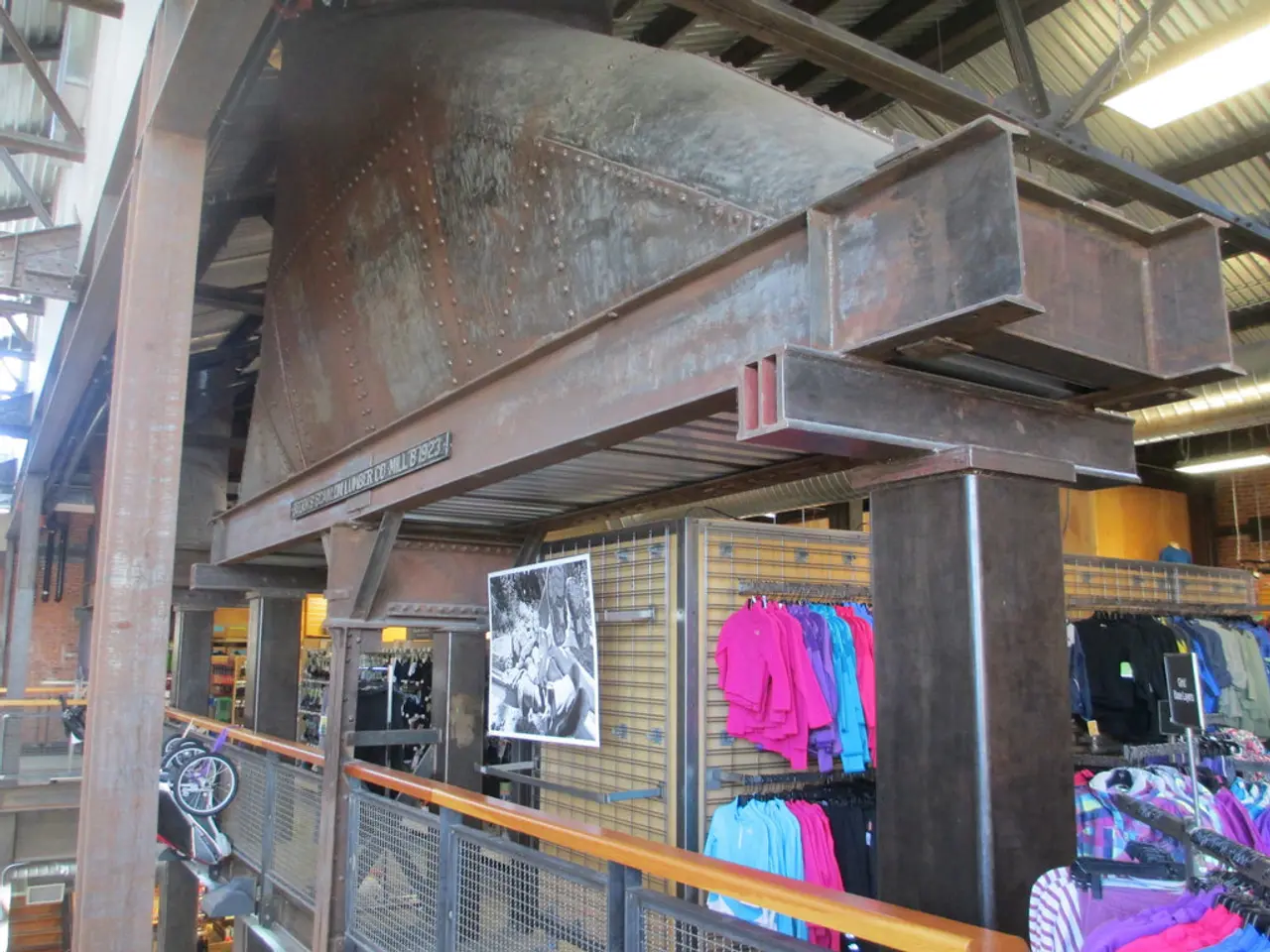Tariff Chaos: Implementation of American Tariffs and Canadian Counter-Tariffs Scheduled for February 4th
Canada has announced retaliatory tariffs on $155 billion worth of US imports, effective February 4, 2025. This move comes in response to the US imposing a 25% tariff on most Canadian-origin products, except energy resources which will be subject to a 10% tariff.
The tariffs, announced by the Canadian government, will start with $30 billion worth of goods on February 4, and an additional $125 billion worth of goods will be added 21 days later. The tariffs specifically target goods 'marked as goods of the United States' in accordance with the rules of origin set out in the Canada-US-Mexico Agreement (CUSMA).
Goods already loaded onto a vessel or in transit on the final mode of transport before 12:01 a.m. ET on February 1 are exempt from the new tariffs. However, the Order removes the de minimis exemption for low-value imports, meaning imports of Canadian-origin goods that are valued at less than $800 will be subject to the new tariffs.
The US tariffs against Canada are justified under the 'Essential Security' exemption in the CUSMA, which allows parties to protect their own essential security interests. The tariffs against Canada are based on declared national emergencies associated with purported illegal immigration and fentanyl imports.
Prime Minister Trudeau has suggested that provinces may also take additional measures in response to the US tariffs. Ontario Premier Doug Ford and Nova Scotia Premier Tim Houston have directed provincially run liquor stores to remove US alcohol from store shelves effective February 4.
Canada has lifted numerous retaliatory tariffs on U.S. goods covered under the USMCA free trade agreement starting September 1, 2025, as a gesture to intensify trade talks with the US. However, tariffs on cars, steel, and aluminum remain in place for now.
Businesses should review contractual clauses in current and upcoming supply or purchase contracts, re-evaluate the origin of goods, consider supply chain diversification, investigate alternate sources of supply, draw on free trade agreements with other regions, and engage legal counsel and customs brokers.
The Canadian government may provide 'pandemic-level' relief for Canadian businesses affected by the tariffs, as they could significantly disrupt cross-border supply chains and the Canadian economy. It is worth noting that the tariffs imposed by the US do not allow for duty drawbacks, meaning no deferral, refund, reduction, or waiver of customs duties will be available for goods re-exported from the US.
Furthermore, Canada may take 'non-tariff measures' in response to the US tariffs, including potential actions related to exports of energy and critical minerals. The Order does not mention a process to request exclusions from the tariff for particular goods.
The tariffs announced by Canada are a result of an executive order called the 'Imposing Duties To Address The Flow Of Illicit Drugs Across Our Northern Border.' The Canadian tariffs are a significant escalation in the ongoing trade dispute between the two nations.




